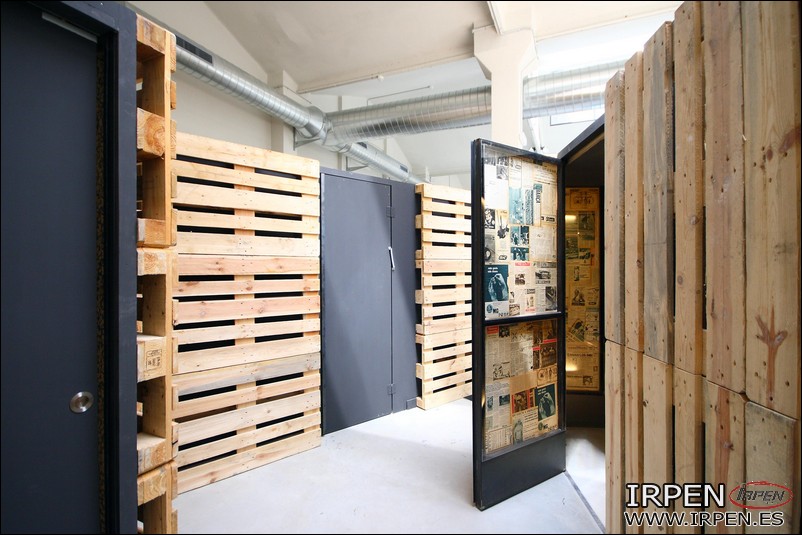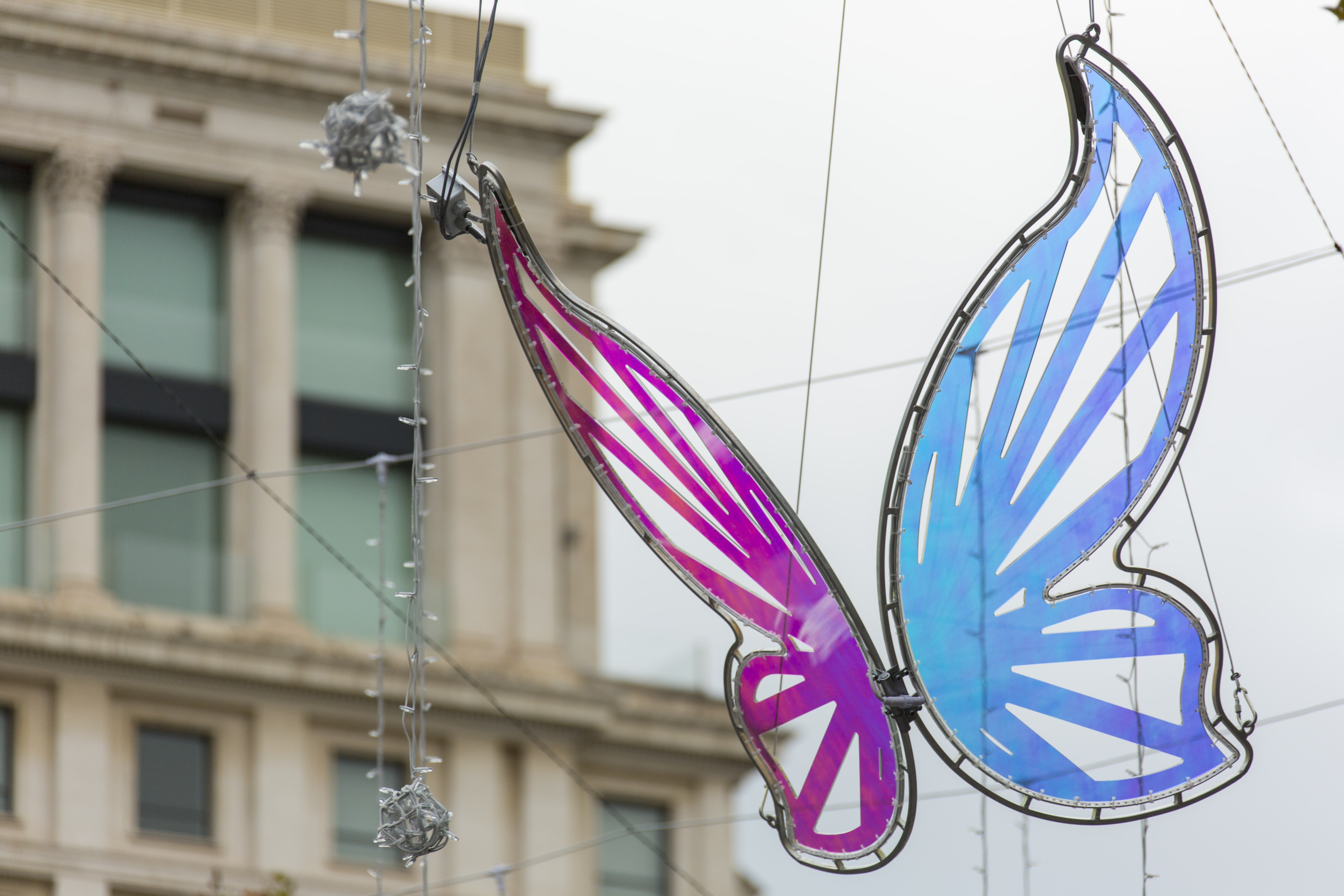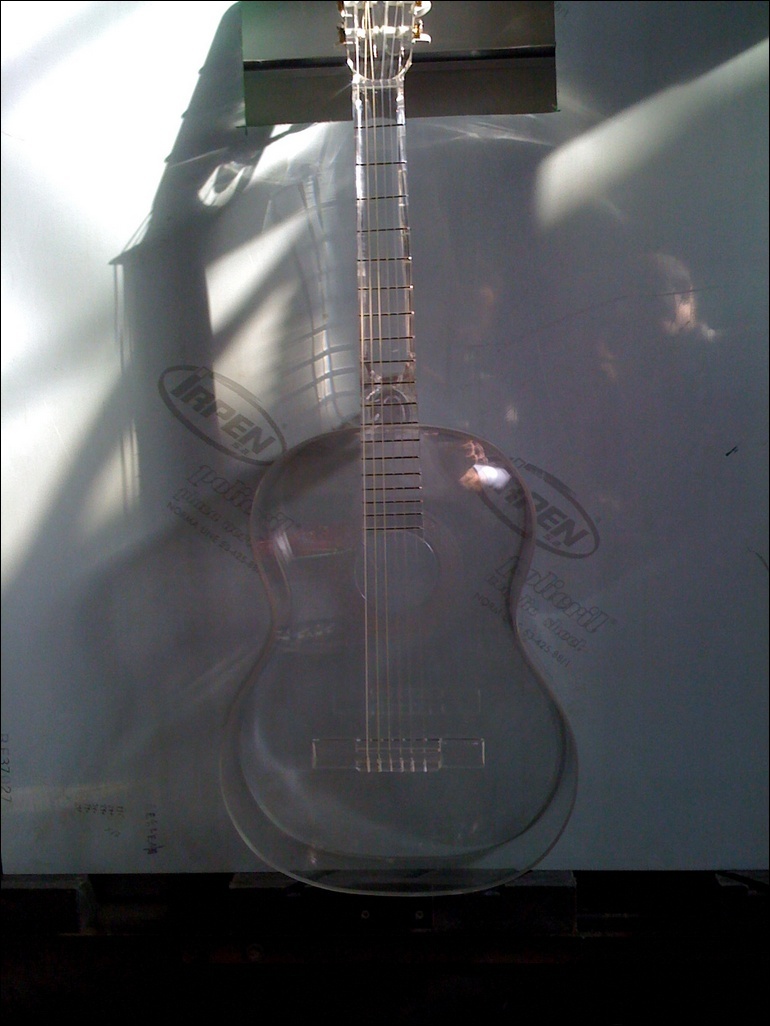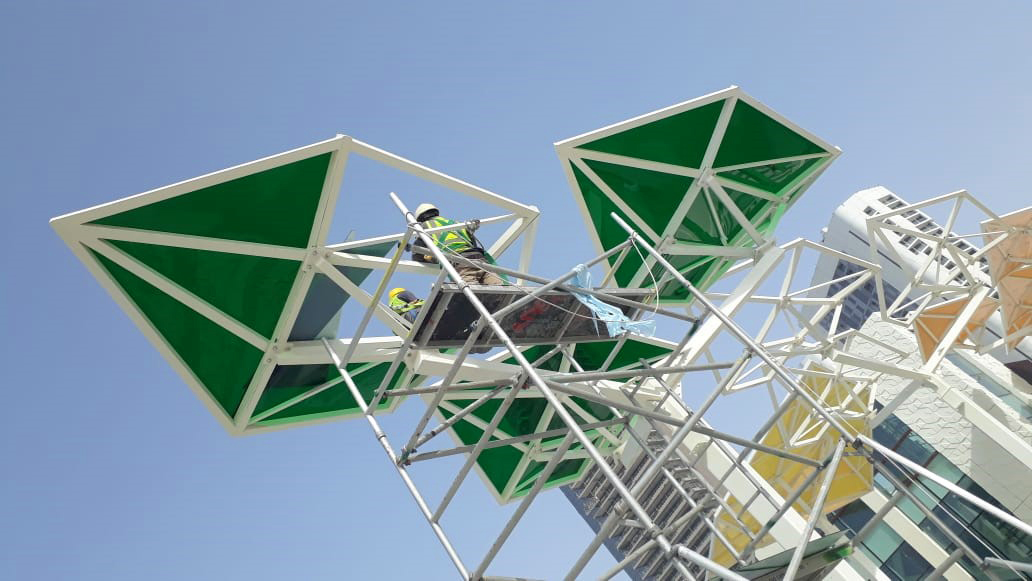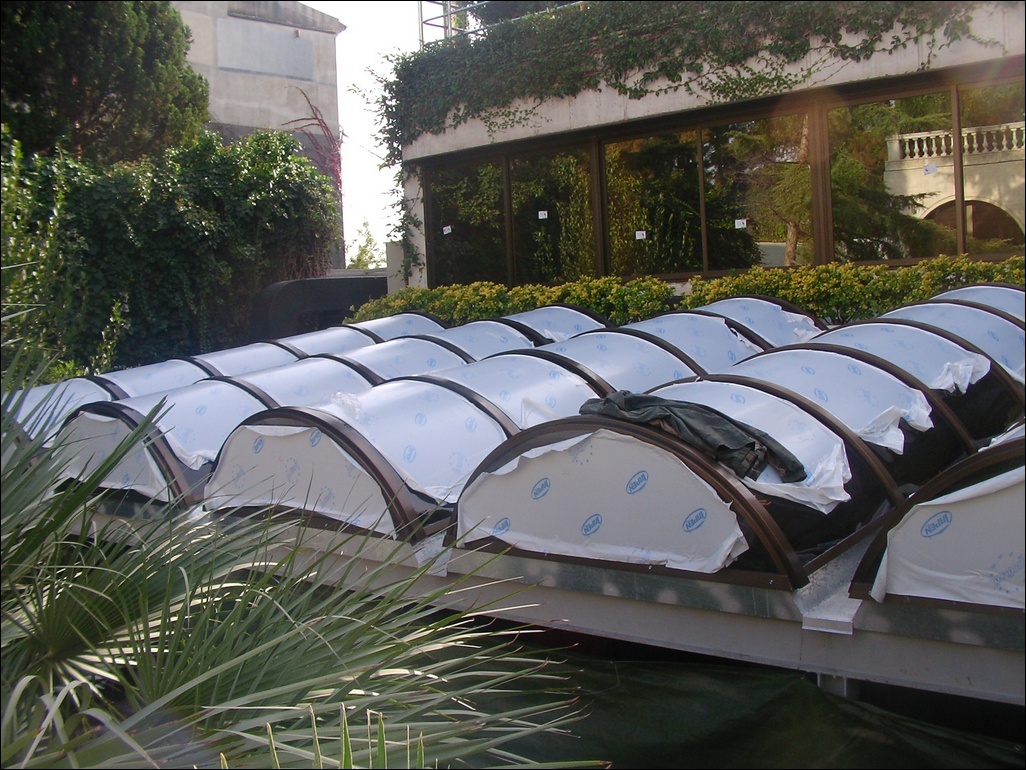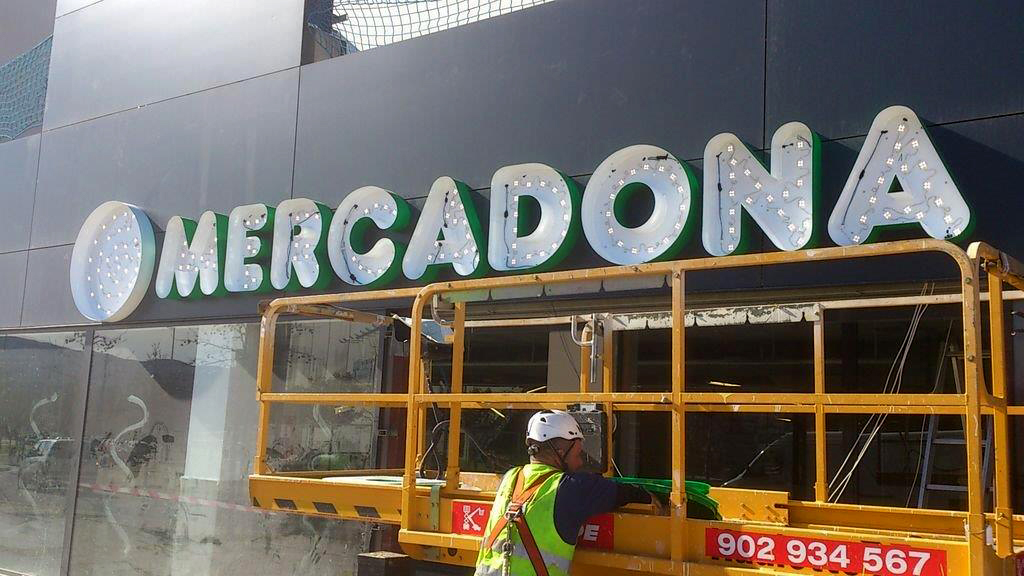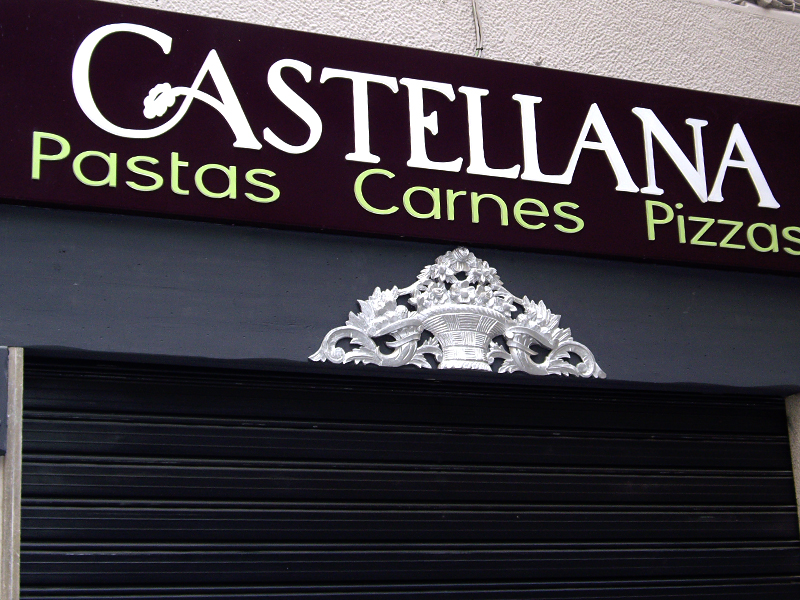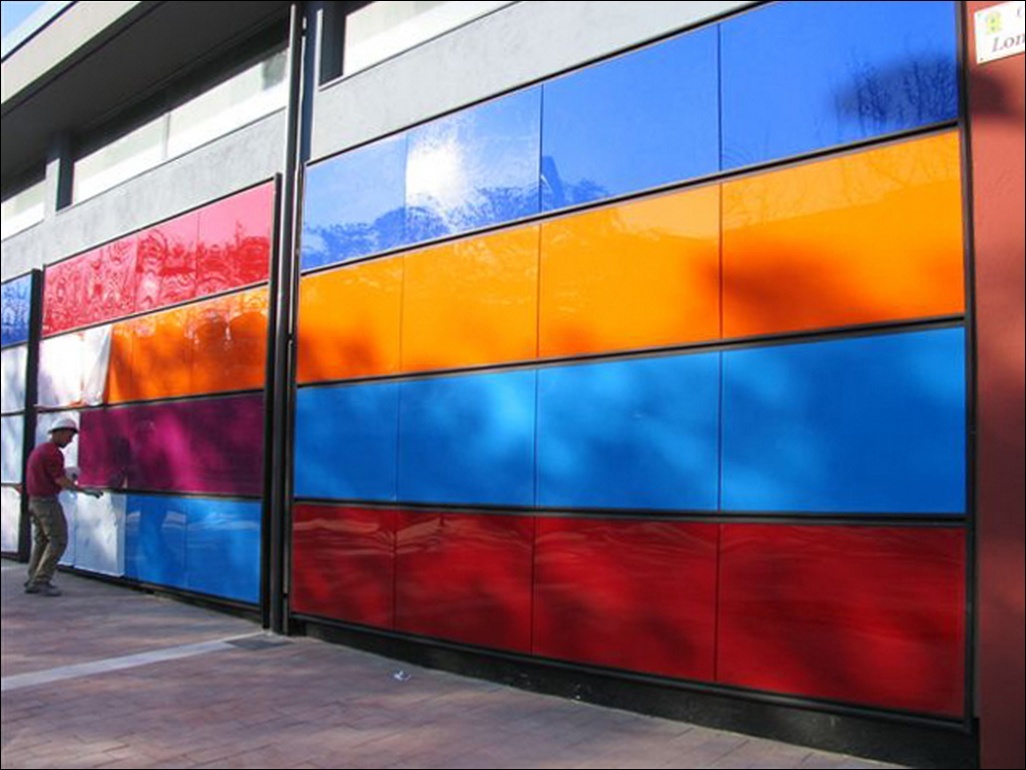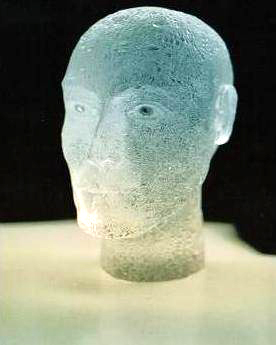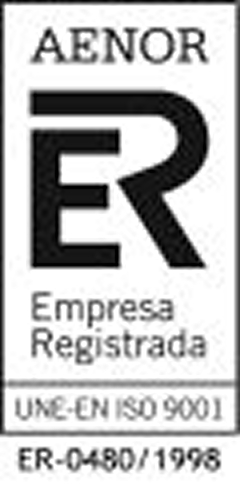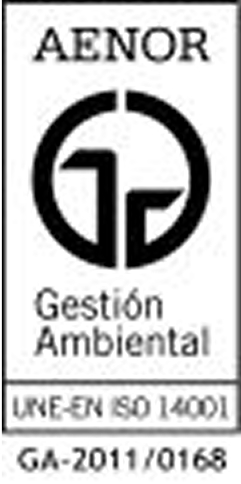Cast / Extruded Acrylic
K FAIR

This month we focus on what happened at the recent K Fair, held in October at the Messe Düsseldorf exhibition center. The K is the most important trade fair in the world devoted exclusively to the plastics and rubber industry. At it, members of the sector meet both to present the most cutting-edge innovations and trends of the moment, and to evaluate the state of the market.
The K fills the entire Düsseldorf exhibition grounds—more than 173,000 m² across 19 halls. On this occasion, over 220,000 professional visitors from around the world attended, and they could visit more than 3,300 exhibitors from over 60 countries. Among these was IRPEN, presenting our wide range of specialties in POLICRIL and our broad color catalog in IRIBOND.
In this edition of K, all kinds of products, solutions and services aimed at the plastics sector were presented.
The themes on which the fair focused can be summarized as: sustainable development and the circular economy; digitalization and Industry 4.0; systems integration and human resources.
The sector is moving toward a change of habits—plastics are high-performance materials and indispensable in daily use. Therefore, the industry is striving to produce items that can be easily recycled, while enhancing their durability, resistance, and functionality.
Accordingly, visitors at this edition showed particular interest in everything related to sustainable raw materials, recycling systems, and all processes aimed at optimizing resources—even if this requires investment in new technologies.
The fair’s organization provided participants at K2019 with a program full of presentations, conferences and debates on the aforementioned topics: sustainable development, renewable energies, environmental compatibility, material efficiency, and zero-waste production.
Besides showcasing the sector’s innovation capacity, the fair also witnessed the unveiling of new technologies for all types of application fields (whether automotive, lightweight construction, or the healthcare industry). Additionally, it responded to the need for all processes to be sustainable and resource-efficient.
Emphasis was placed on the increasing necessity for the sector to adopt a functional circular economy covering the entire production cycle.
Because of this, at the event the industry paid special attention to all proposals referring to the promotion of materials, production processes, and machinery that will drive the shift from a consumption economy to a circular one. The main goal is the optimization of resources so that a large percentage of the plastic waste that currently cannot be processed becomes new raw material for new production processes.
An example of promoting these approaches is the fact that nearly one hundred European companies joined in September in Brussels a declaration of the Circular Plastics Alliance (CPA), which aims to encourage plastics recycling within the EU.
This entity, the CPA, is composed of over 100 public and private partners covering the entire plastics value chain. In its founding declaration, it set as a goal to increase the total volume of recycled plastic in the European market to 10 million tonnes by 2025.
Because of these moves, in this edition of K, large petrochemical corporations that had joined this declaration are advancing in their commitment to the circular economy. They have presented projects that intend to incorporate recycled material into applications with high technical requirements, such as non-woven fabrics, grouping film, or automotive parts.
Finally, we highlight two heavily attended areas during the fair:
- The main exhibition of the fair, under the slogan “Plastics shape the future”, organized by Plastics Europe, referencing the materials’ and industry’s innovative power, resource management, digitalization, and sustainability.
- The Science Campus, a platform for the scientific community and young industry talent, showcasing new scientific advances in the plastics and rubber sector.
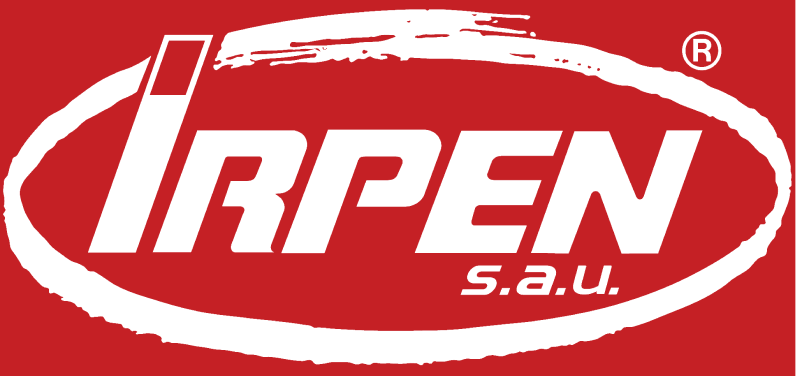





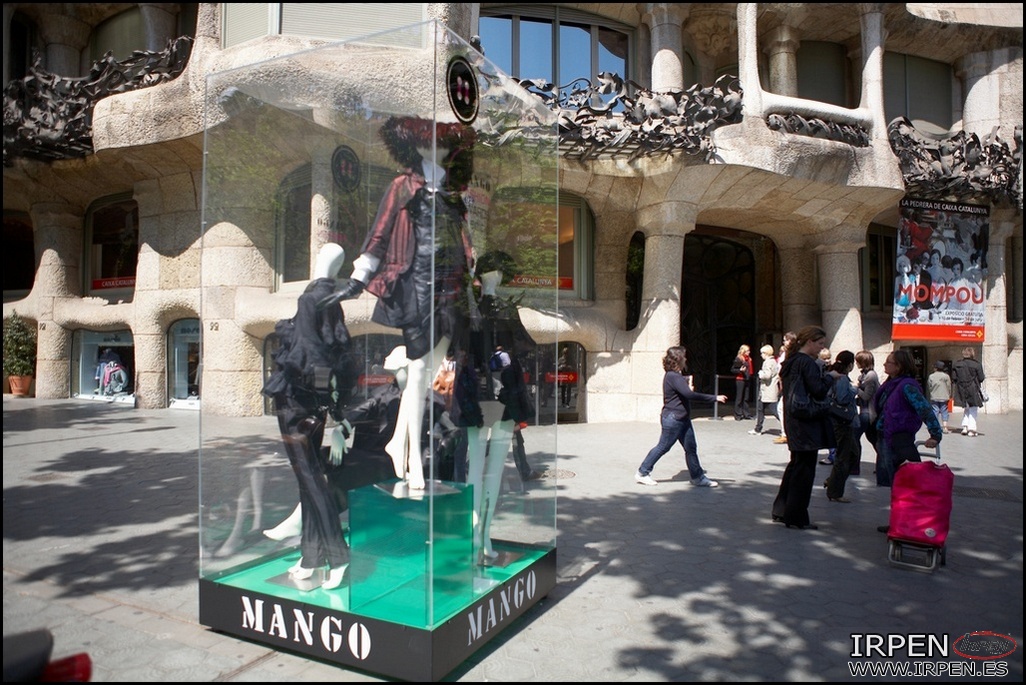

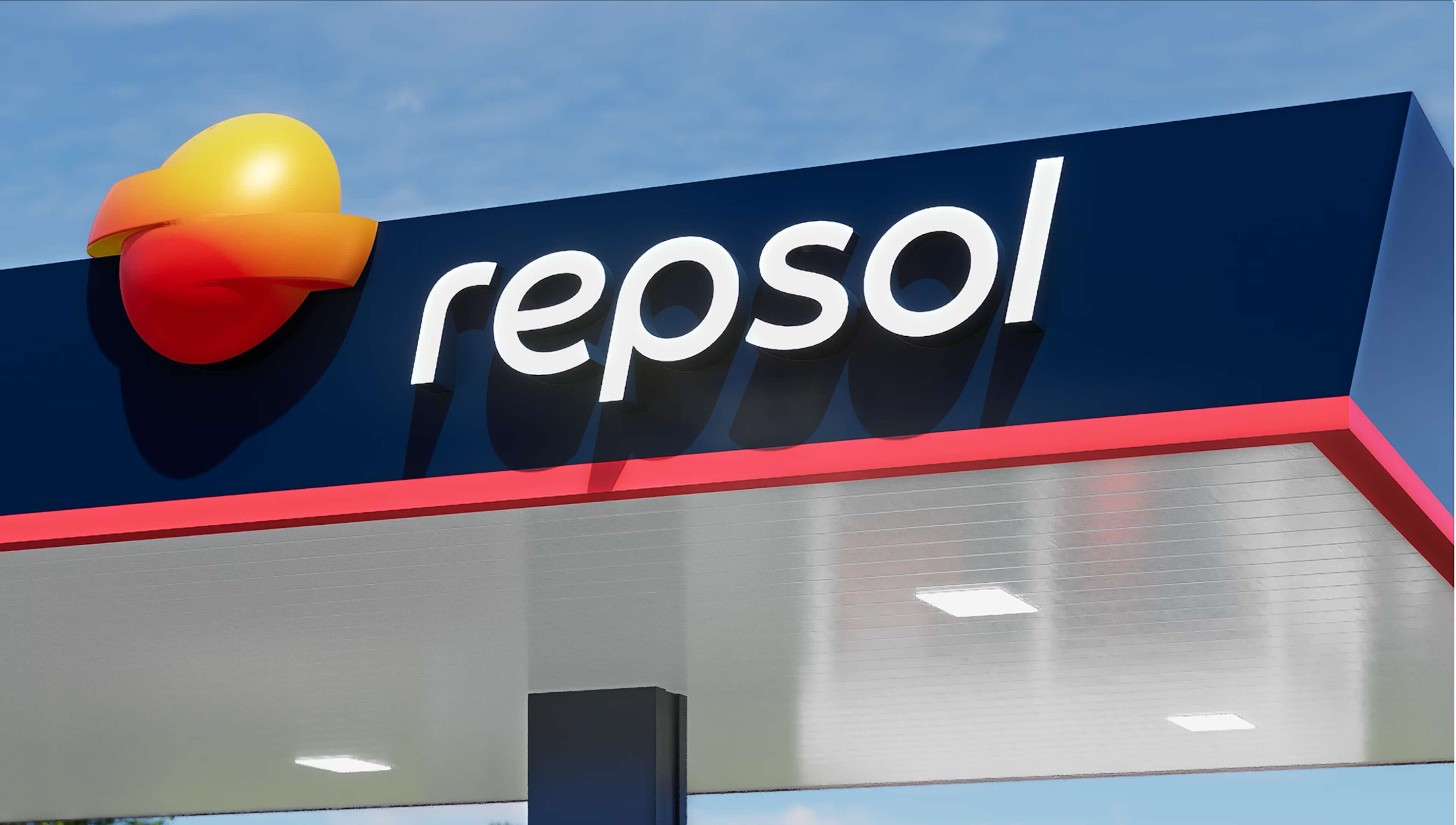
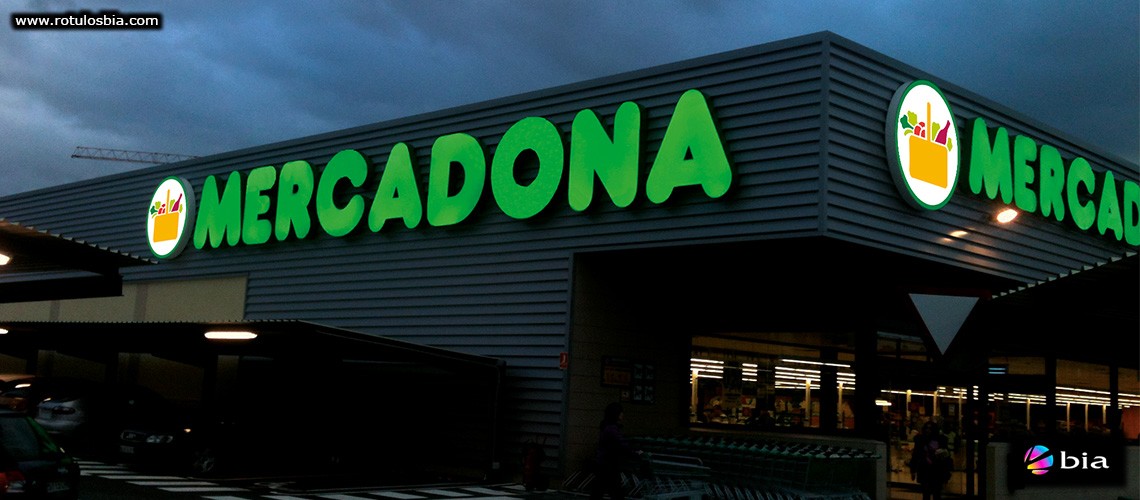
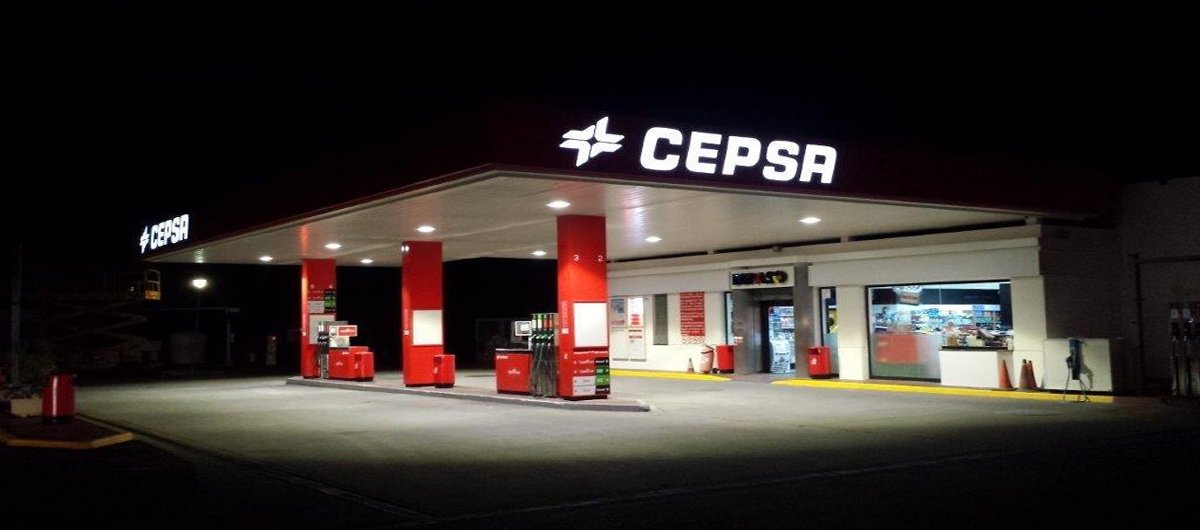
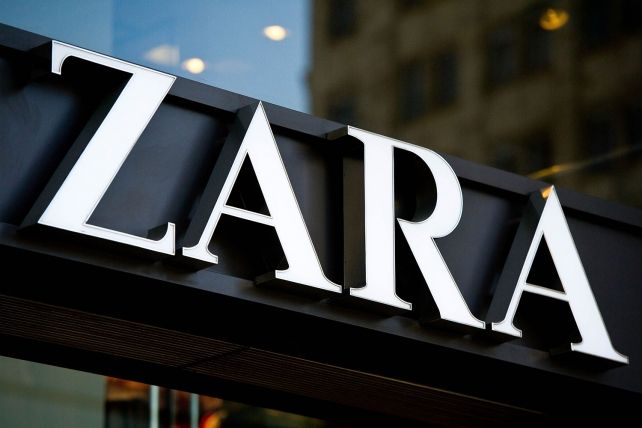
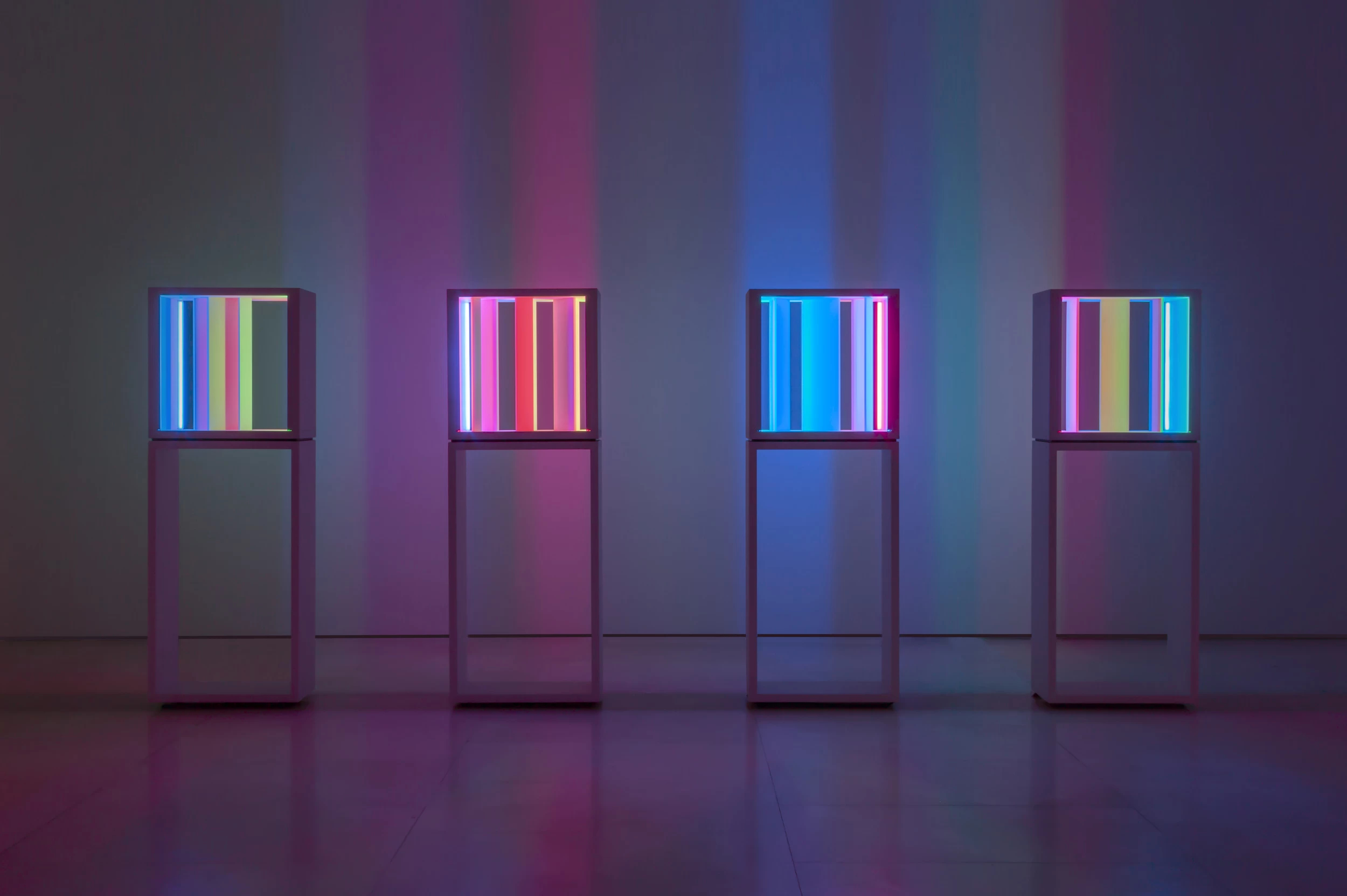
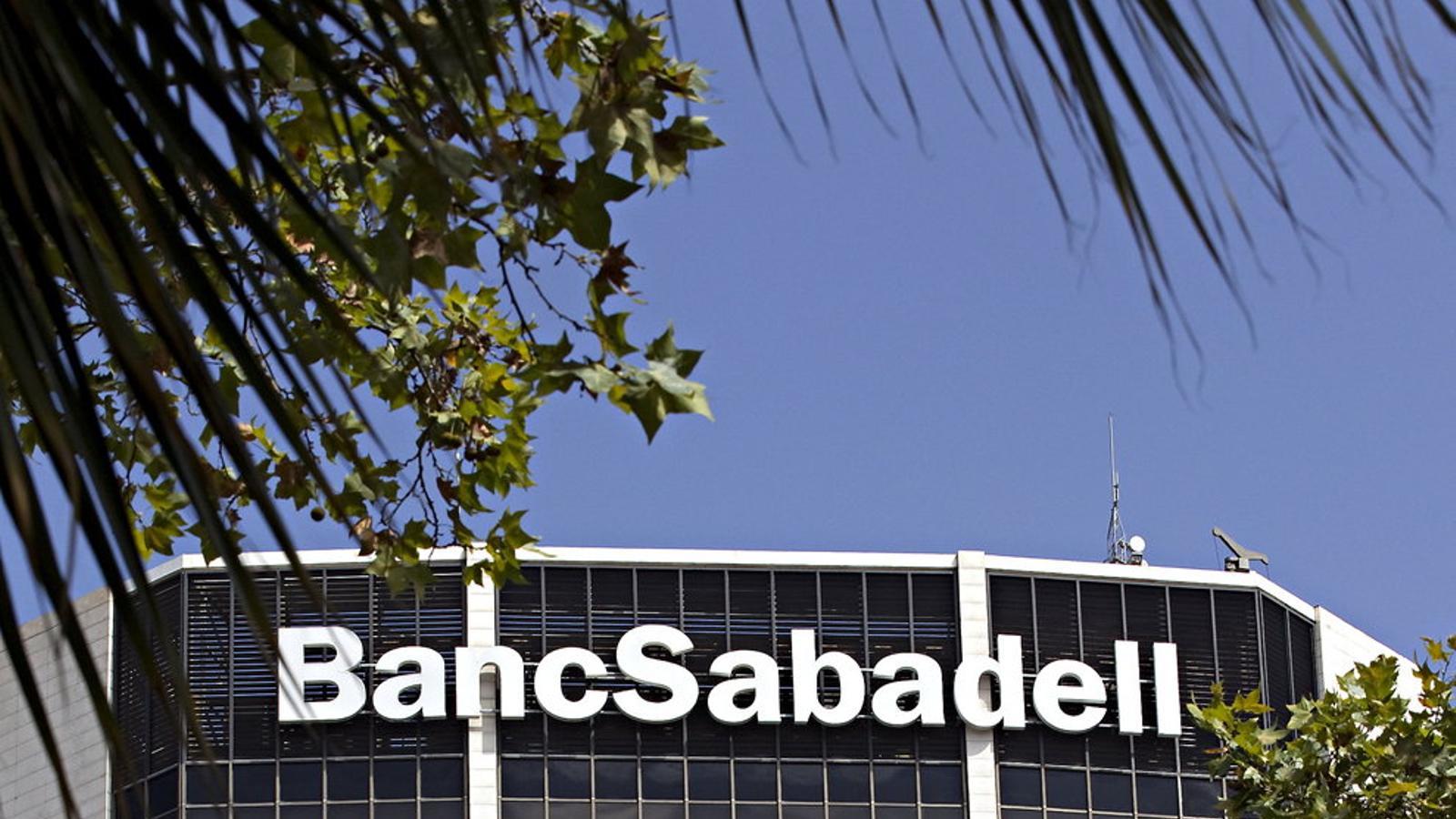
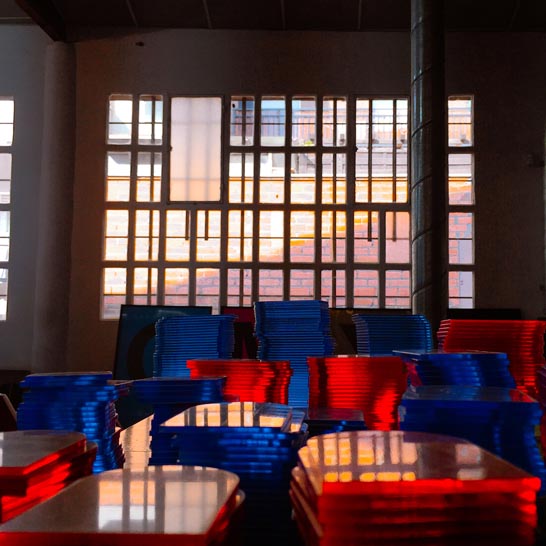
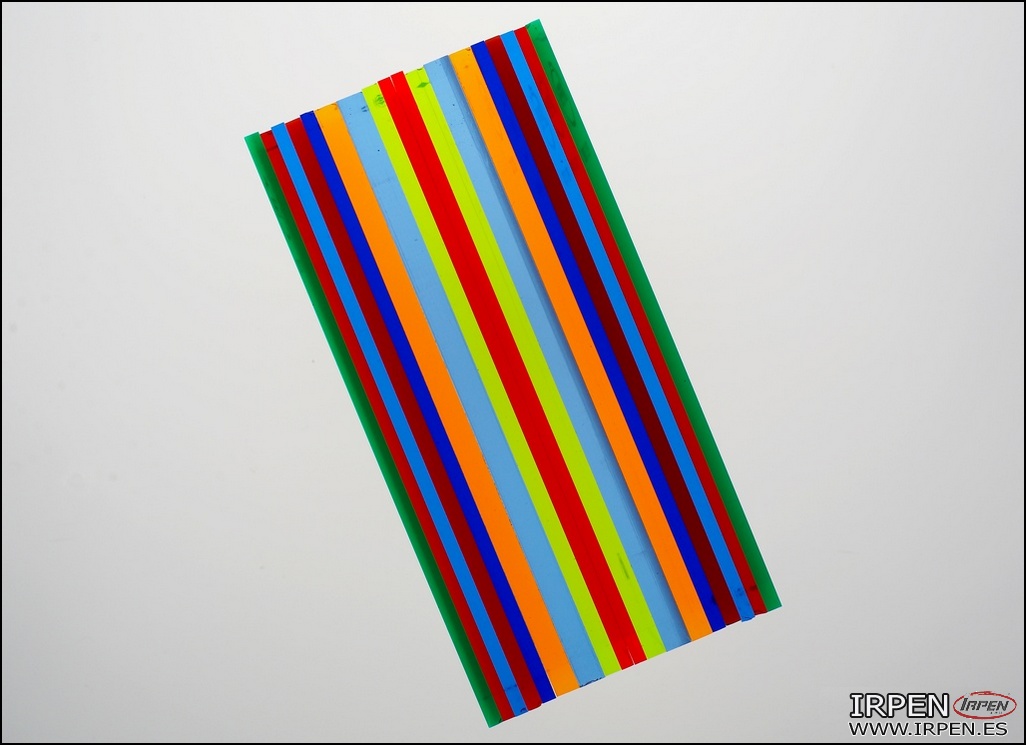
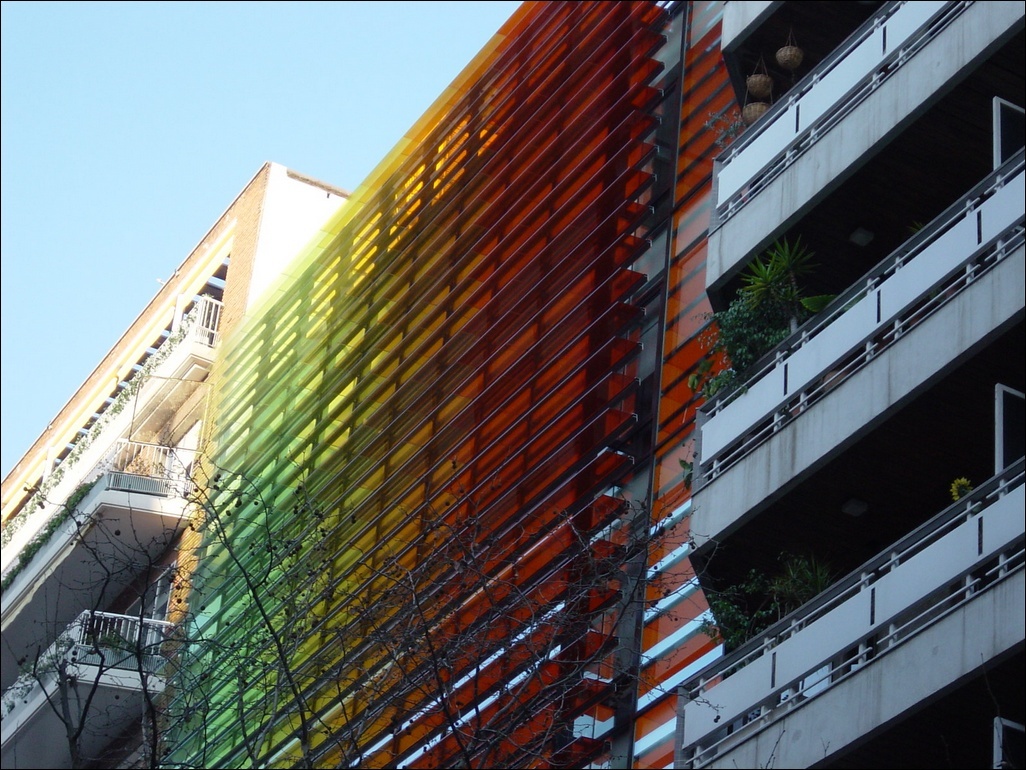
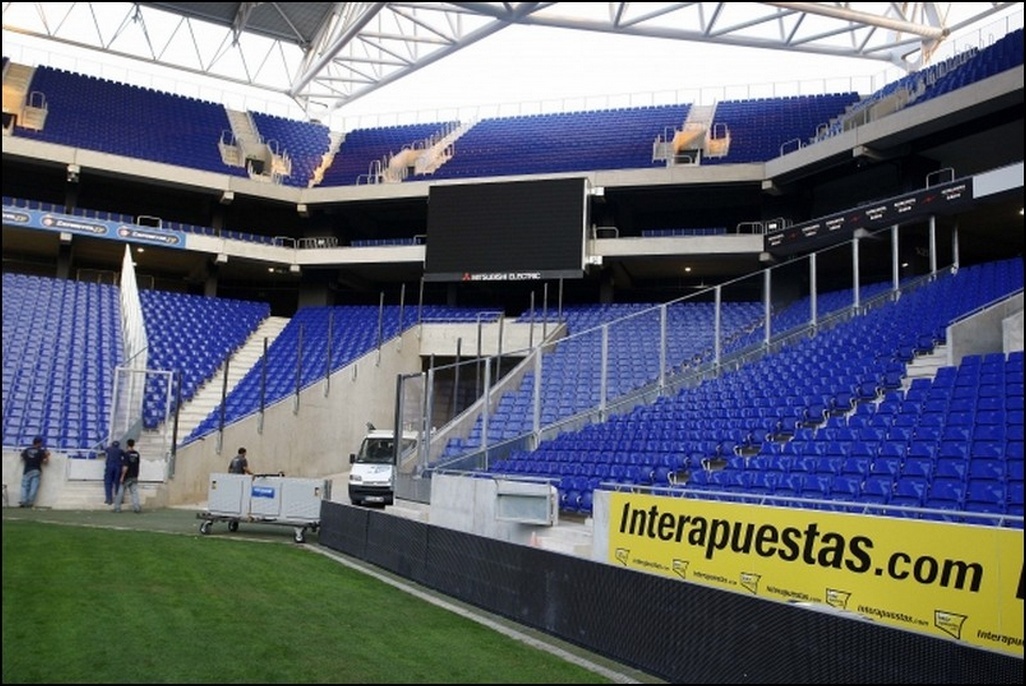
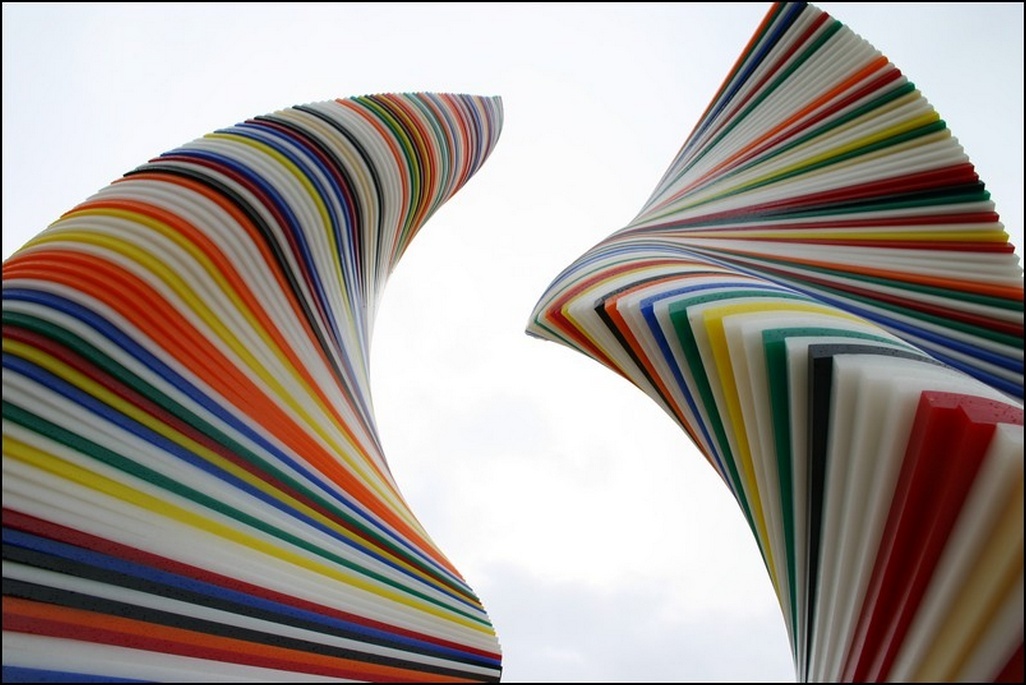
.jpg)
